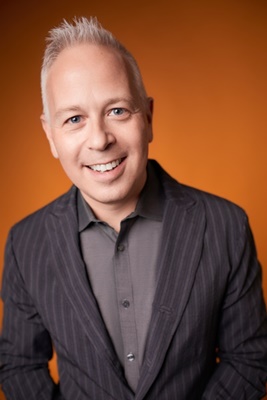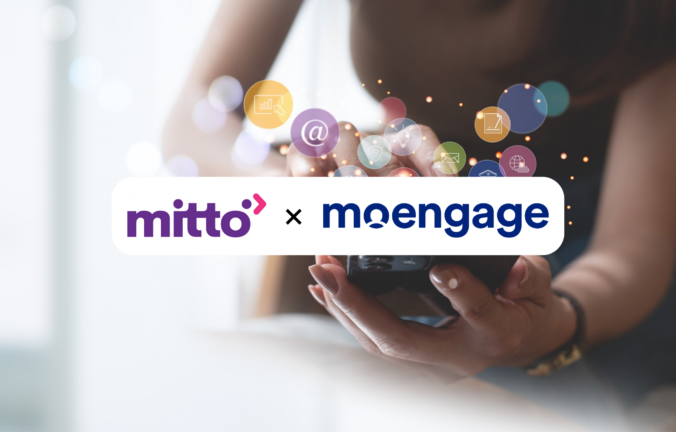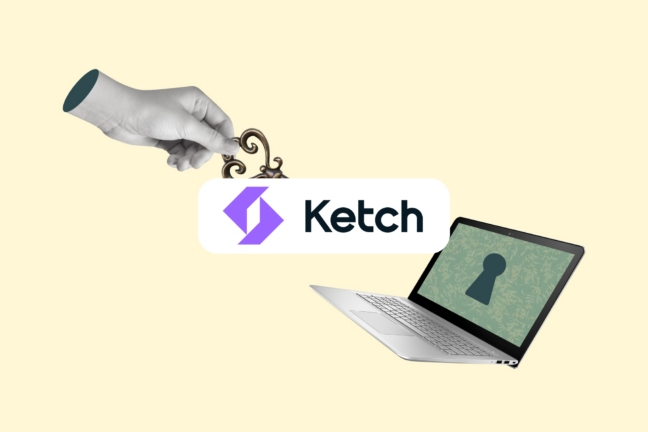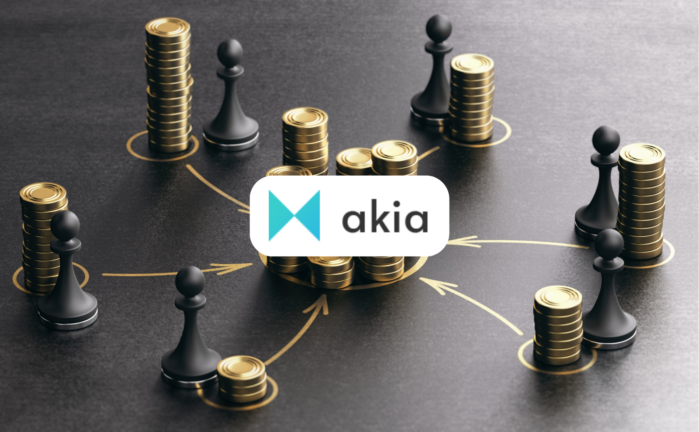Last month, Alida appointed Efrem Ainsley as its new Chief Executive Officer, steering the company into an exciting new chapter of innovation and growth. With over two decades of experience as a software executive, Ainsley, who joined Alida as Chief Financial Officer in 2020 and later became Chief Operating Officer, has a notable track record, including serving as CEO of ScribbleLive and holding leadership roles at Exinda and PlateSpin. In his new role as CEO of Alida, Ainsley shares the secrets behind his leadership style and his plans to elevate Alida's strategic focus, delving into the evolving landscape of customer experience research.
1. Congratulations on your appointment as Alida's new CEO. How does it feel to take on this leadership role?
Thank you. I feel fortunate to have been a part of Alida's journey for quite some time now, and I’m looking forward to embracing this new role.
I first joined the company in 2020, managing the roles of both CFO and COO. Through my time in these leadership positions, I have gained a unique lens on the full spectrum of the business. With this experience and knowledge, as well as our fantastic leadership, wider Alida team, and customer base, I’m excited to take Alida forward in this next stage of its history.

2. As you step into this role, what aspects of Alida's existing strategy do you plan to build upon, and are there any new directions you envision for the company?
We are looking forward to continuing to tighten our current strategy to ensure a strong focus on our ideal customer profile in our priority verticals and use cases.
The business will continue to support large enterprise customers across the globe, such as Warner Bros. Discovery, Adobe, Lululemon, LinkedIn, Twitch, and more, and it plans to expand further into the UX and PX use cases this year. Now it’s time to roll up our sleeves and get to work in 2024!
3. As the global business landscape continues to change, what do you see as the main challenges and opportunities for Alida in the customer experience research market?
While there are many changing business dynamics, one thing that hasn’t changed is the need to stay focused on solving business problems and pain for a discrete set of personas. Businesses focused on driving value into their customer set will be rewarded, and those who don’t will face challenges.
4. In your experience, what do you believe are the key qualities that make a successful leader, especially in the dynamic field of customer experience research?
In my experience, a key quality for a successful leader, especially in customer experience research, is simply being a good listener. That is the beating heart of this industry after all. Beyond that, I think great leaders build trust and operate with transparency, and they take that culture to forge alignment.

5. How do you approach building and nurturing a positive and productive work culture within your team?
Making employee feedback a top priority is crucial for building a successful workplace culture. At Alida, we've designed a large part of our benefits program based entirely on what our employees told us, and we're always looking for ways to improve based on their opinions.
The simple truth is leaders can't create a positive and productive culture without getting input from the people living it every day. By including employees' voices in decision-making, you create something that suits them best, ultimately leading to the strongest workplace culture.
Transparency is also something we value at Alida. It’s important to me that our full team clearly understands our business objectives and ongoing performance so everyone remains aligned and working together towards our goals.
6. Leadership often involves navigating through challenges. Can you share an example from your career where you had to adapt to unexpected circumstances and how it influenced your leadership style?
As you probably get a sense, I am big on trust and transparency. That’s because it takes an entire organization to tackle big challenges. Leaders certainly can’t do it by themselves. I think a recent example of unexpected circumstances would be during the Covid-19 pandemic. All of a sudden, not being face-to-face, a lot of our unstructured communications didn’t exist. It really drove home how a lack of communication could fracture alignment. I now spend a lot of my time trying to drive clarity and test for it. It’s not enough to say something; you need to ensure you are understood.
7. What advice do you have for emerging leaders looking to develop their leadership skills and make a meaningful impact in their respective fields?
Lean in. Ask for big challenges, and try doing things you haven’t done before. Don’t stay in your comfort zone. Learn new skills, even if not totally refined, as opposed to continuing to hone one skill. Find an environment where you are encouraged to make mistakes (but fix them) as that’s the real way to evolve.









